
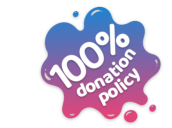
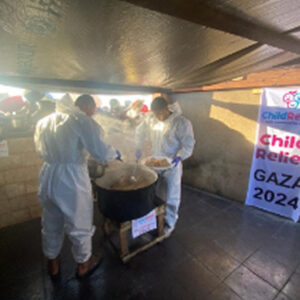
Your donations will help to keep our three food kitchens in Rafah operational.
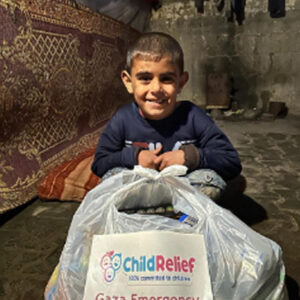
Provide essential food supplies to children and their families in Gaza on the brink of famine.
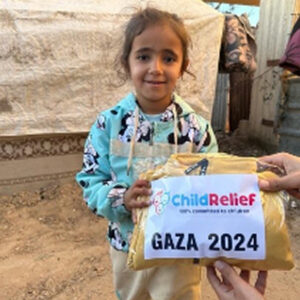
Donate to provide clothes to internally displaced children in Gaza.
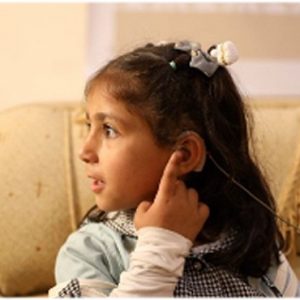
Donate to restore the hearing loss suffered by children, caused by conflict.
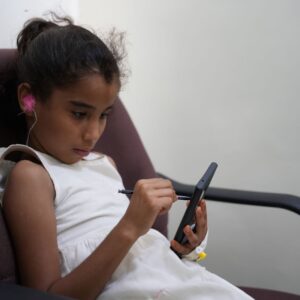
Donate to restore the hearing loss suffered by children, caused by conflict.
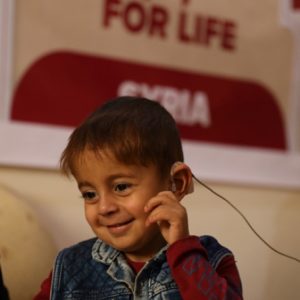
Donate to restore the hearing loss suffered by children, caused by conflict.
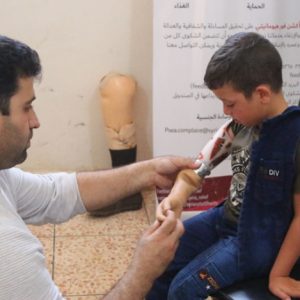
Help children to regain their mobility and restore their independence.
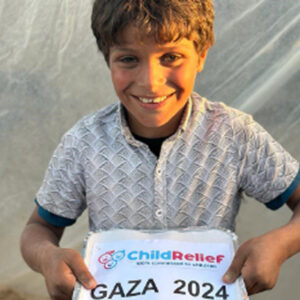
Provide hot, nutritious iftar meals to displaced children and their families in Palestine.
Zakat or alms-tax, the third pillar of Islam, is the obligatory giving of ones wealth to those who are in need of it. It is a fixed 2.5% tax on one’s wealth, above a minimum threshold level called nisab. This includes gold, silver, cash, stocks, shares, investment property/rental income, pension cash-in value, business assets and agricultural assets. One must have this amount of wealth for a period of one lunar year (354 days) for zakat to become due on it.
Another form of zakat which is obligatory is Fitrana. This is given in the month of Ramadan, before Eid al Fitr. This is an individual zakat due for every Muslim, young or old, rich or poor and not determined by a person’s wealth. It amounts to 3.5 kg of grain, or its equivalent cost, approximately £4-5.
Spend in charity, O son of Adam, and I shall spend on you [Bukhari]
Zakat is obligatory on those Muslims who have sufficient wealth above the nisab value. Voluntary charity (sadaqah) also has many blessings, both spiritual and worldly.
The importance of zakat is highlighted in multiple ayahs within the Quran which link it with salah, “Establish the prayer and pay alms-tax.”
All provision is from Allah SWT. Therefore all that we have is His and should be spent in His way. Such charity helps to purify one’s wealth and one’s soul. It releases us from our love of money and other worldly possessions and protects us from greed and miserliness.
Take from their wealth charity to purify and bless them [9:103]
We use the wealth we have been blessed with to provide for and support those who are less fortunate. Funds are used to provide food and water, housing, schooling and to help people lift themselves out of poverty and be able to support themselves and their families. Thus zakat and sadaqah are important tools in helping to establish equality within the community.
One who gives charitably will never be poor. Allah SWT mentions several times in the Quran that whosoever lends Him a righteous loan will have it multiplied many times. Not only that, charity expiates sins and averts calamities [Tirmidhi]. Being charitable connects us to Allah SWT and is an investment in our Hereafter.
If you lend to Allah a good loan, He will multiply it for you and forgive you. For Allah is Most Appreciative, Most Forbearing [64:17]
The nisab value was set by the Prophet Muhammad (pbuh) as equivalent to 87.48 g of gold and 612.36 g of silver. As these metals are not used as currency today, the nisab value is calculated using the current price of gold or silver. This equates to approximately £4685 for gold and £367 for silver at the current rate.
The total zakat due on one’s wealth is calculated by adding up the value of one’s assets (as listed above, does not include residential house or items used for daily living eg cars, household belongings) minus one’s liabilities (loans, immediate expenses due) and multiplying by 2.5%, if above the nisab value.
Surah Tawba describes those who are eligible to receive zakat [9:60]:
Reprinted with permission from beneficialknowledge.co.uk
We partner with world class charitable and humanitarian organisations, with proven track records of delivering child-centric programmes that make a significant impact to the lives of children in desperate need.
Some of our appeals are restricted, with the aim to raise funds for specific items or projects. Other appeals support an unrestricted fund within a country of need or in global support of emergencies. The flexibility provided by unrestricted programmatic funds has huge benefits in creating resiliency in the ability of our partner organisations to respond to emergencies, conflicts and humanitarian catastrophes that affect children, wherever they may occur.
We provide donors with quality feedback and regular updates on the impact of our work.

